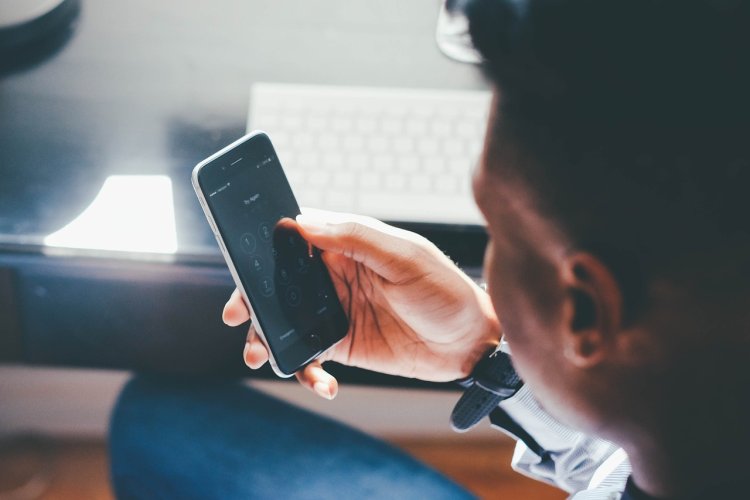Business Phone Calls Are Secured by the SecureG and CTIA Project
Root of trust provider SecureG has teamed up with CTIA, a trade group that covers the wireless communications sector, on a project aimed at providing a secure branded call experience for companies, in an attempt to persuade customers that answering their phones is safe.

Root of trust provider SecureG has teamed up with CTIA, a trade group that covers the wireless communications sector, on a project aimed at providing a secure branded call experience for companies, in an attempt to persuade customers that answering their phones is safe.
An industry-led, standards-based Rich Call Data initiative called Branded Calling ID (BCID) aims to establish a safe, interoperable ecosystem where companies can include details like their logos and the reason for the call when contacting customers over the phone. SecureG's public key infrastructure (PKI) solutions protect BCID digital signatures.
"No one wants to answer their phone because of all the spam and scams, and it is only getting worse now that AI-generated voices can impersonate people and businesses," stated Todd Warble, CTO of SecureG, in a statement. BCID has a secure-by-design foundation that enables consumers to trust the authenticity of the brands and intentions of the caller, Warble said.
SecureG offers high-assurance operations of the Intermediate Certification Authority, the Certificate Repository, and the CTIA Secure Telephone identification Certification Authority (CTIA STI-CA) to protect the caller's brand identification. BDIC can authenticate call signers thanks to the SecureG trust anchors, which are housed in bunkers made of hardened concrete. Enterprise clients only pay for branded calls that are verified to be delivered, and the BCID system is made to function on both mobile devices and networks.
Businesses can brand their calls with BCID, which also keeps spammers and scammers from accessing the NCID signing certificate. Because BCID is made to function flawlessly on both mobile devices and networks, enterprise companies can provide their customers with branded, reliable calls.
The program's goal is to lower the likelihood of spam and fraud from scammers posing as legitimate companies. According to the company's statement, a recent poll revealed that 75% of participants would answer a call if the caller could be identified by their name, logo, or reason for calling. Through vetting to provide customers with a branded, trustworthy phone experience, BCID reduces the chance that fraud and criminal actors would hurt consumers.














